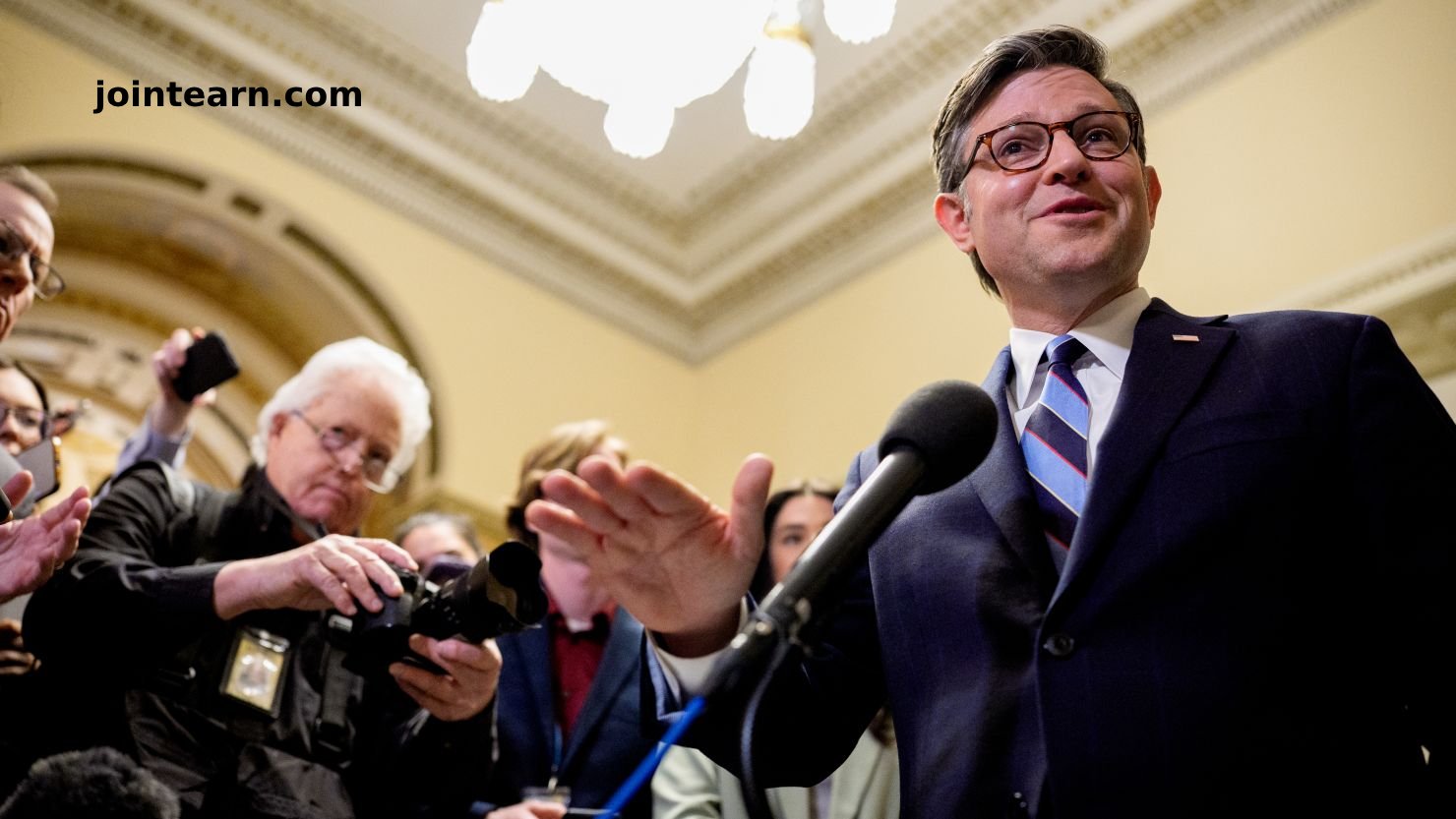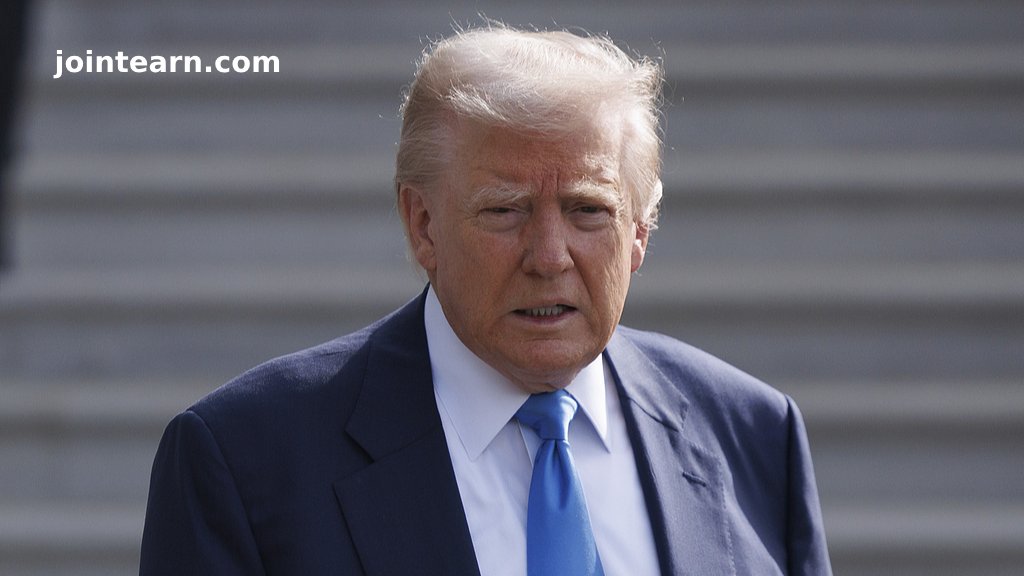As Congress returns from recess, Republican leaders are aiming to pass a sweeping bill that will further President Donald Trump’s agenda, tackling issues ranging from tax cuts to military spending. However, divisions within the GOP are becoming more evident as they prepare to navigate a series of policy conflicts. The bill is expected to include trillions in tax cuts, substantial increases in military funding, and a potential debt ceiling increase. Here are the top five policy issues that Republicans are clashing over in this massive bill.
1. Medicaid Spending Cuts: How Much is Enough?
One of the most contentious areas is Medicaid. Republicans agree on the need to address waste, fraud, and abuse but disagree on the extent of cuts. Some want to reduce federal funding, pushing states to pick up a larger share, while others oppose this, fearing it will burden states and lead to cuts in services. Lawmakers like Rep. Chip Roy (R-Texas) argue that Medicaid reform is essential to curbing the deficit, while others fear that the proposed cuts could hurt vulnerable populations, especially as Democrats mobilize against it.
2. The Scope of Tax Cuts: Balancing Fiscal Responsibility and Trump’s Promises
The GOP aims to extend major portions of the 2017 tax cuts, but disagreements persist over the specifics. Some Republicans want to raise taxes on upper-income earners, but President Trump and Speaker Mike Johnson have opposed this. The debate also includes proposals to eliminate taxes on tips and overtime pay, but these could open loopholes for tax avoidance. There’s also ongoing debate about the controversial “carried interest” tax break, which benefits wealthy investment managers, with lobbyists pushing to maintain it.
3. The SALT Deduction: A Regional Battle
A major point of contention is the federal deduction for state and local taxes (SALT). Republicans from high-tax states like New York and California are pushing for an increase in the $10,000 SALT cap, which was imposed under the 2017 tax law. Without these votes, the bill may struggle to pass in the House. However, many Republicans from lower-tax states oppose this increase, arguing that it would take away funds that could be better used elsewhere, particularly for additional tax breaks.
4. Clean Energy Funding Rollbacks: How Much to Undo?
Republicans are looking to roll back billions of dollars in clean energy funding from the Inflation Reduction Act, but there’s a hitch: many of the clean energy programs benefit Republican districts. The push to undo these funding allocations is seen as a way to reduce spending, but the potential impact on Republican constituents is causing divisions. The question remains: how much pain will GOP lawmakers accept in order to pass Trump’s broader agenda?
5. Military Spending: How Much is Too Much?
A massive increase in military spending is another key element of the bill, with the House proposing a $100 billion boost to the Pentagon and the Senate advocating for $150 billion. While some Republicans argue that the funding is necessary to modernize military equipment, others, including Rep. Tim Burchett (R-Tenn.), oppose it, arguing that it conflicts with Trump’s calls to shrink the size of government. This debate could prove a significant hurdle as the GOP looks to push through a massive defense spending increase.
These divisions are creating significant challenges for GOP leadership as they attempt to pass legislation that will shape the future of Trump’s policies. With narrow majorities in both the House and Senate, the stakes are high, and these internal disagreements could ultimately determine the success of the bill.












